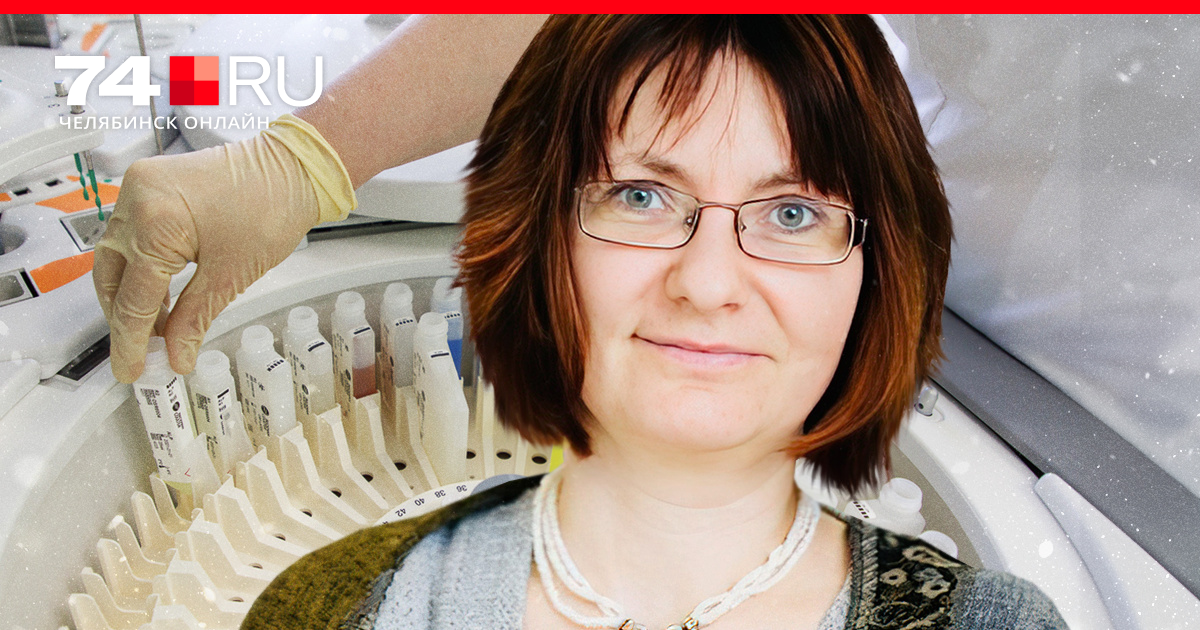At the same time, the professor notes that this pneumonia has a certain mystery that cannot yet be explained.
— We have data from China. Unfortunately, not in the original, but in translation. Well, simply because few people read Chinese,” explains Ancha Baranova. “From what I’ve read, this mycoplasma pneumonia doesn’t respond to antibiotics, which is a little strange.” Yes, there are some strains that have some resistance to antibiotics, but, in principle, pneumonia is perfectly treated with these drugs. Before Covid started, it took a lot of effort to get sick with a strain that was resistant to an antibiotic. There is only one explanation here. The Covid pandemic has reduced mycoplasma pneumonia to almost zero, because ordinary masks protect against it perfectly. In China, taking into account their strict lockdowns, it was less than a percent. And when convergence to zero is observed, the so-called founder effect occurs. Roughly speaking, 10 women and 1 man with the gene for early Alzheimer’s disease ended up on a desert island. These 11 people had 10 children, and after 500 years in the population living on this island, men developed senile dementia much earlier than those living on the mainland. This is where the founder effect comes into play. The same thing can happen with mycoplasma pneumonia. The original strain, more antibiotic-resistant, survived and began to reproduce, eventually becoming dominant. Now I don’t have confirmation of this, I’m just trying to explain the observed phenomenon.
2023-12-20 06:03:35
#Professor #symptoms #treatment #mycoplasma #pneumonia #whooping #cough #antibiotics #professor #USA #spoke #diseases #awaiting #Russia #world #December


